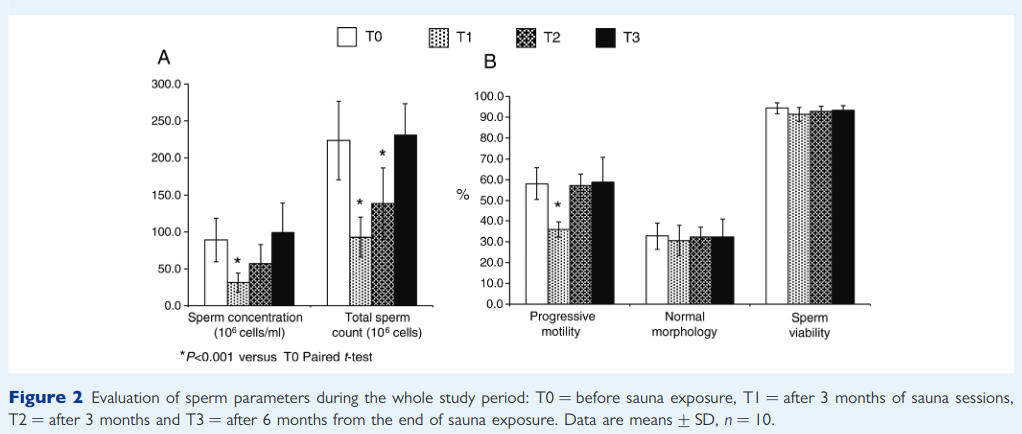Links - July 2022
Published Jul 2022
 Gustav Klimt, Flower Garden, 1907
Gustav Klimt, Flower Garden, 1907
Here are some interesting links I found in July:
- World's oldest tree reveals the largest solar storm in history.
- Legalising recreational marijuana decreases a state’s birth rate by an average of 2.78%.
- He dropped out to become a poet. Now he’s won a Fields medal.
- On the paradox of tolerance in relation to fascism and online content moderation.
- In 1970, just 1 in 5 U.S.-born PhD graduates in economics had a parent with a graduate degree. Now? Two-thirds of them do.
- Indian farmers streamed fake pro cricket matches to Russian bettors for 2 weeks.
- Comparing the Webb Telescope to the Hubble.
- The perils of audience capture.
- How Shinzo Abe reshaped Japan.
- How the ‘diamond of the plant world’ helped land plants evolve.
- A 2016 paper found that because of the robustness of sporopollenin, spores maintained their stability in diamond anvils at pressures of 10 gigapascals, or 725 tons per square inch.
- Drone airspace: A new global asset class.
- In 1980, McKinsey & Co. advised AT&T, their client, that US mobile phone subscriptions in 2000 would top out at less than 1 million.
Two years later, in 1982, with company breakup imminent, AT&T executives volunteered to federal antitrust officials to forfeit their minuscule, money-losing mobile phone business.
Unfortunately for AT&T shareholders, – there were more than 100 million mobile phone subscribers in 2000.
- Book Review: McNamara’s folly.
- What McNamara failed to see was that many Project 100,000 were incurably limited. They were indeed “brain-poor” for life, with no hope of making huge mental improvements. No amount of McNamara’s audiovisual gadgetry could transform them from slow learners into bright, or even average, citizens.
But wait a minute: hadn’t psychologists discovered that even people with serious mental limitations were capable of absorbing much more training than society had previously thought possible? Yes, and it was a valuable insight: mentally limited persons were not hopeless—they were capable of growth and maturity. But here was the problem: they might be able to learn how to make change, but that didn’t mean that they could someday create a spreadsheet.
They might be able to learn how to put together parts in a factory assembly line, but that didn’t mean they could someday operate a 105mm howitzer in battle. who missed a test question like this: “If a farmer had a bucket of 24 eggs and he stumbled and broke half of them, how many eggs would he have left?”
- The men who missed such questions were slow learners who were able to live happy, productive lives if they had a protective environment—a cozy haven with loving parents, helpful friends, and sympathetic bosses. Such was not the case for many Project 100,000 men.
- Built to last: Continuity in Japanese genetics.
- Lenin & the Russian spark.
- Is the United States exceptional?
- If one, for instance, compares the EU (far closer to the United States collectively in land area and population) rather than its exceptional smaller components the difference becomes obvious:
- Russian logistics was unable to cover the trip to Kyiv (about 450 miles); the United States, by contrast, has conducted major military operations in Kuwait (1991, 6,500 miles from Washington, D.C.), Iraq (2003-2017, roughly the same distance) and Afghanistan (2001-2021, c. 6,900 miles). No other country today is capable of global power projection on remotely the same scale, at least for now.
- The World Bank is headquartered in Washington D.C. and the United States has the largest voting share in its governance (followed closely by US allies Japan, Germany, France and the UK); the IMF is likewise headquartered in D.C. and every single one of its first deputy managing directors has been an American, without exception (but Stanley Fischer had dual citizenship), while the managing directorship rotates.
- Classifying abortion access across the rich world.
- Andorra considered legalizing abortion in 2018, which led to a strange situation: For that to happen, it would have to be approved by the co-prince of Andorra who also happens to be a Catholic bishop. But Pope Francis threatened that if the bishop approved it, he would immediately be expelled from the church, which would lead to his abdication as co-prince, putting Andorra in a governance crisis and endangering its independence from France and Spain. They did not legalize abortion.
- Book review: The man from the future.
- Manhattan Project physicist Stanislaw Ulam contracted a case of viral encephalitis, an inflammation of the brain. His doctors told him that he should “rest his brain”, ie avoid thinking too hard.
, which proved instrumental in the development of the hydrogen bomb and much of modern statistics.
- Wittgenstein at war.
- Heat & the great balls decline.

- Decrease in spermatogenesis even 3 months after sauna sessions.
- Switzerland moves ahead with underground autonomous cargo delivery.
- Couples who cohabited (prior to marriage) were 15% more likely to get divorced than those who did not.
- A Stanford study cited other research finding that the link between cohabitation and divorce was especially strong for women who cohabited with someone besides their future husband.
- Given that most young adults today who cohabit do so with someone besides their future spouse, “they always see leaving as an option,” she says. And once they marry, that “mindset doesn’t really leave — they always can see that there’s a door to leave ... they can leave at any time. Whereas since we didn’t (have previous cohabiting relationships), that’s just not an option we would think of.”
- Why China’s aerospace experts have become Xi Jinping’s new political elite.
- Dark matter doesn't exist.
- But a simple test suggests that dark matter does not in fact exist. If it did, we would expect lighter galaxies orbiting heavier ones to be slowed down by dark matter particles, but we detect no such slow-down.

